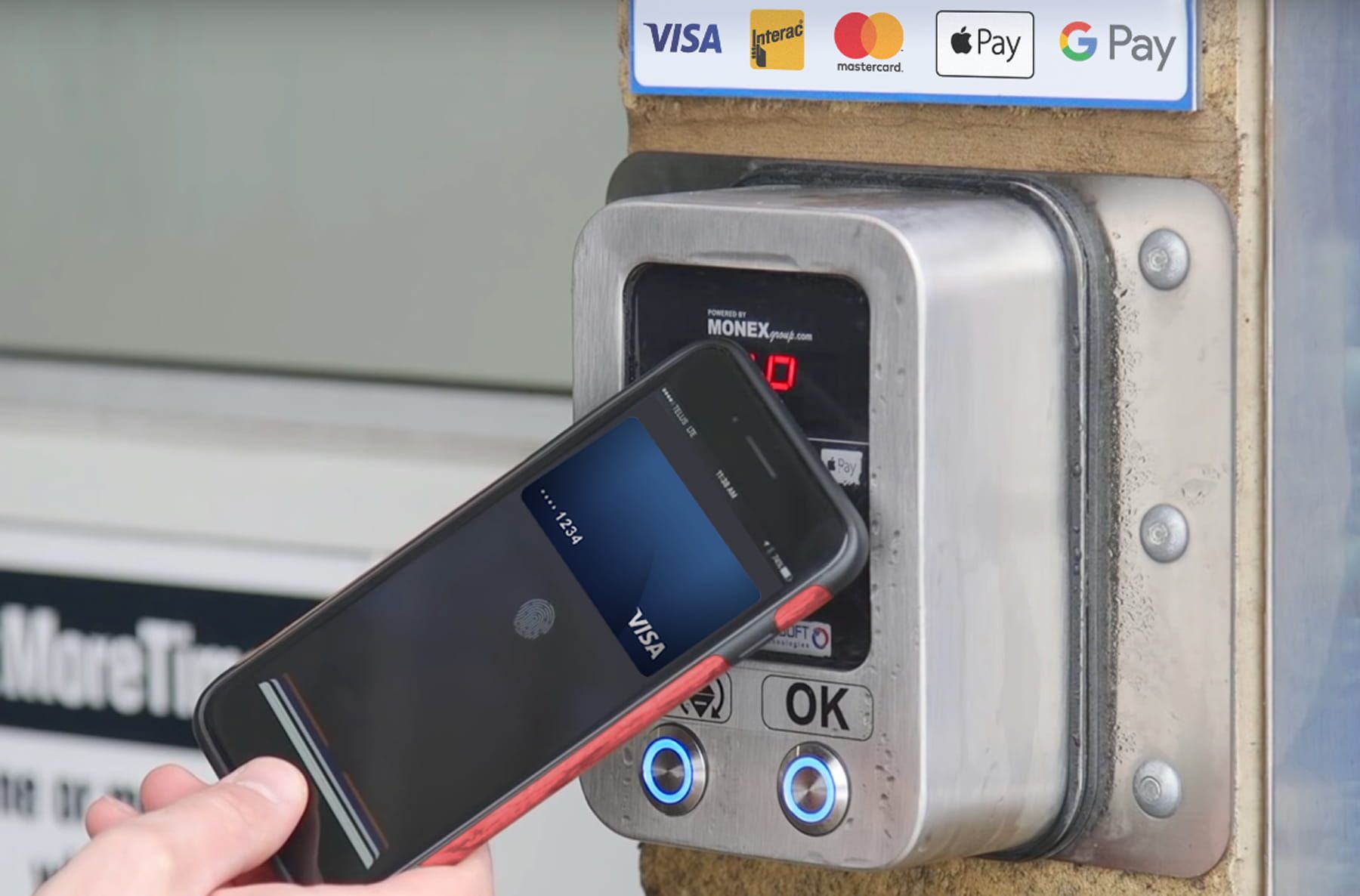Types of Payments
Today’s consumers value flexibility when it comes to making payments and are more apt to donate when they are provided with a range of digital options. As such, seek out solutions which will accept all methods of payment including credit, Interac debit, mobile wallets such as Apple Pay, Google Pay, Android Pay, EMV (Europay, MasterCard, Visa, American Express), UnionPay, Discover card tap, insert, swipe, chip and PIN, and cash. With the ability to accept multiple payment types, you immediately increase your potential for more donations and higher value of donations. You will, of course, need to research and determine the true value of each payment type depending on the merchant fees associated with each.
Payment Processing Fees
There are effectively three sets of fees which come into play when a credit card payment is processed.
- All payment processing services have transaction fees they apply in exchange for the use of their service.
- Merchant fees enable organizations to accept credit cards.
- Interchange fees are applied by credit card companies to receiving banks.
The amount of
payment processing fees depends on the pricing model preferred by the payment processor (e.g. flat fees, interchange plus pricing or tiered pricing). Each pricing model has pros and cons depending on the volume and average amount of the transactions being processed. Generally speaking, flat fees are preferred by small organizations with lower volumes and a need of cost certainty.
The level of risk of different types of transactions can also affect payment processing fees. eCommerce and over-the-phone transactions are inherently riskier than in-person tap, swipe or chip-based transactions and, as such, may carry higher fees.
You will want to discuss how fees work with any payment processor you consider.
Mobile and Online Payment Processing Software
One of the distinct advantages of offering digital payment options is the software functionality offered to provide an overall positive user experience to nonprofit supporters. In addition to processing donations, software and apps can be configured to enable users to track their donations over time, schedule regular contributions, share their giving with friends and family, sign up for loyalty programs or find other ways to engage with the nonprofit organization. By extending these features to their constituents, nonprofits can grow their base and build their average and total donation volumes.
Donation Management and Reporting Software
Nonprofits can also benefit from the data and reporting dashboards that digital payment processing systems produce in order to better analyze, forecast and manage their membership and financial projections in real time, historically, or future forward. Effective payment processing software for nonprofits should include detailed web-based and mobile dashboard reporting, user-defined permissions and simple data exporting to arm nonprofit coordinators with the information they need to make important growth decisions.
Consumer and Organizational Data Security
Modern consumers are acutely aware of the importance of protecting their personal privacy and data. Every time they make a purchase online or tap their card, they are doing so with the understanding their information is safe and secure. Any notion otherwise or a data breach could ruin the reputation of the organization.
Nonprofit organizations likewise need to ensure any and all member or contributor data they collect is stored and can be accessed securely in the cloud.
It should go without saying that any payment processing solution you select should include industry standard PCI compliance for payments, secure online data storage, and a flawless track record for maintaining the integrity of its customer data.
Customer Service and Support
Another important consideration when selecting a payment processor for your nonprofit is post-delivery service and support. While setup and configuration of these systems are relatively straightforward, there is always some training and change management required when you implement new systems and processes; particularly when these are being used to interface with an external audience. Be sure to inquire about what onboarding and ongoing support is available for you and your staff to familiarize them with the new devices and software they will be using to interact with your valued constituents.
Further, despite all best efforts, technical issues do occur with physical devices, networks and software. As such, you will also want to know what mechanisms and service level agreements are in place to report and deal with situations, should they arise. In the midst of a live event, how quickly your payment processing partner can respond to and resolve technical issues? The level of technical support can have a significant effect on the overall success of your events and fundraisers.
Nonprofit organizations have certainly been challenged in having to deal with unprecedented circumstances, but have also benefited from an influx of innovative technologies designed to help them find creative and unique ways of interacting with and accepting donations from their donors and prospects. Payment processing solutions for nonprofits lead the way in providing flexibility, convenience and reliability.
Are you considering which nonprofit payment processing system is appropriate for your organization? While there are many credit card processing companies for nonprofits, the
experts at MONEXgroup have developed and supported solutions for hundreds of groups just like yours. Our friendly and knowledgeable staff are available to answer any additional questions you may have.
Reach out any time to review your specific payment processing needs.






